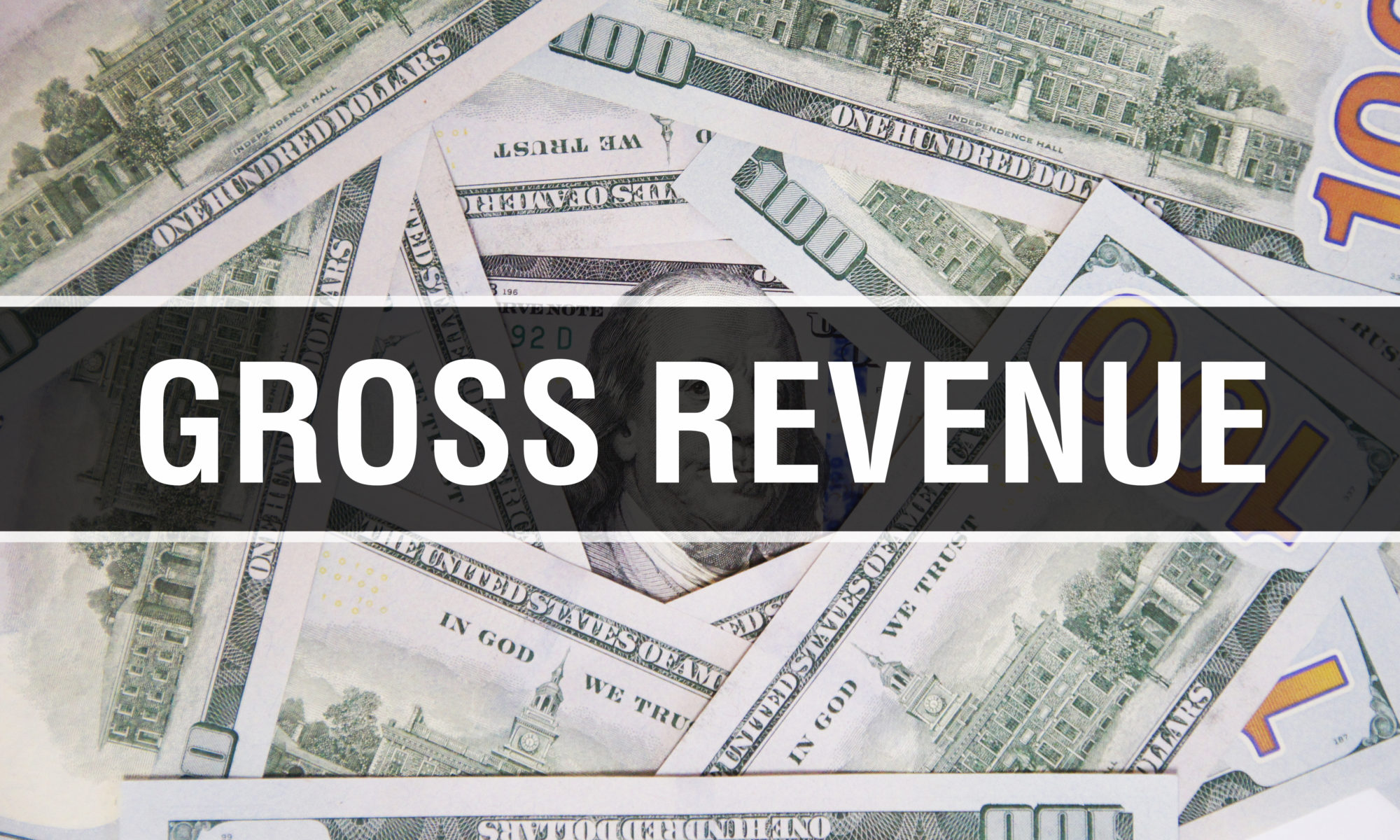We are often asked, what revenue basis should be used in determining overall revenues for our freight broker insureds?
The answer is simple- all gross revenues billed by the broker under their authority during the policy effective dates. Note our coverage is designed to cover all brokerage operations per the policy form subject to the terms, conditions, warranties and exclusions.
While the answer is simple, the explanation is not. Freight Brokers typically bill gross billings to the shipper, pay the carrier and have net income (typically between 15-20% of the total freight bill). In an effort to lower their premiums, we sometimes see agents and insureds providing us with net revenue. That is not acceptable to any insurance company we do business with, nor is the revenue defined as net revenue. In these cases, an ugly audit additional premium occurs and can leave all parties unhappy. That said, the gross revenue requirement is a black and white issue to all insurance companies and any deviation is a non-starter overall.
Note it is not that the insurance company is trying to gouge any insured; moreover, current rating is based on the loss cost of gross revenues.
Other considerations:
- Affiliate operations- A freight broker insured will often have an affiliate trucking operation that they broker loads to (we discourage this type of operation because it exposes two operations (the freight broker and the carrier) when the shipper could be doing business just directly with the carrier. Most insurance companies exclude freight brokerage losses to the affiliate operations so they do not stack limits with the carrier’s policy. While we can sometimes get this coverage added at an additional premium, it is mostly excluded. While many agents and insureds would like to exclude affiliated revenue to lower the premium, the rate offered is discounted for this exposure- and therefore the gross revenue is used as defined in the policy. It is also much easier to audit the financials based on gross revenue.
- Non-transportation exposures- Note sometimes a broker will provide non-transportation services ( carrier bill auditing work as an example. The agent and insured will sometimes want to exclude this income as well. Again that is unacceptable to the insurance companies- and the freight broker can as easily be sued for non-transportation exposures as transportation exposures.
So please understand that in all cases, the insurance company has rated the policy on gross revenues- and will look to be paid on gross revenues multiplied by the policy rate.

